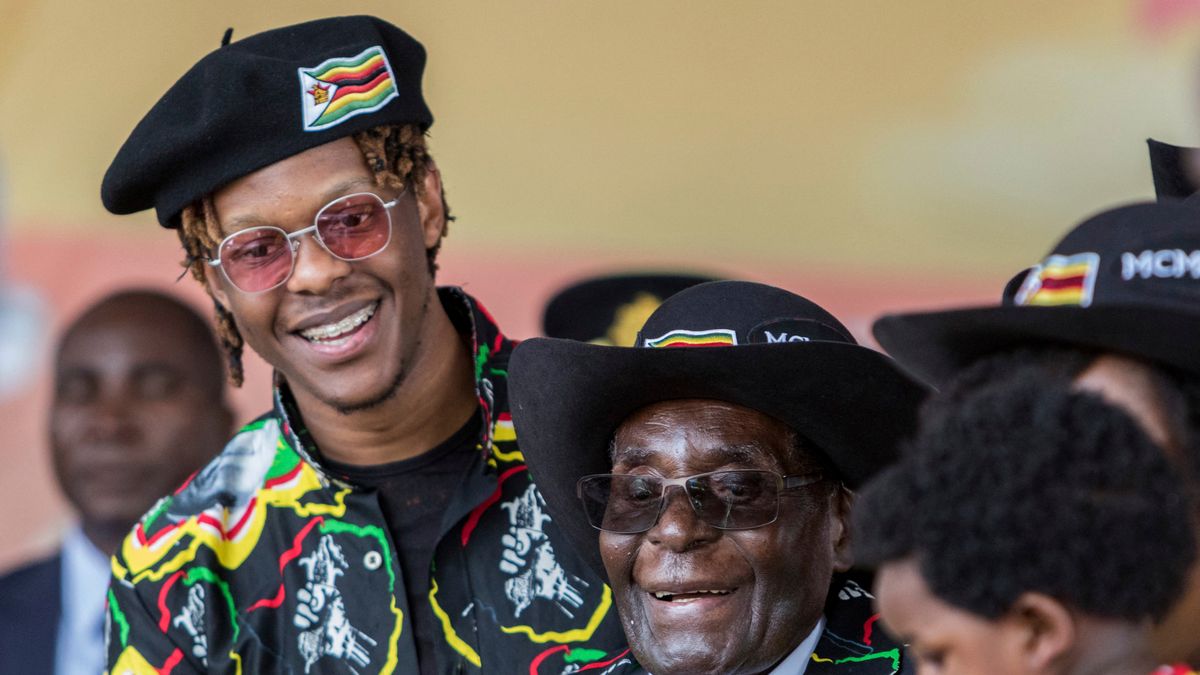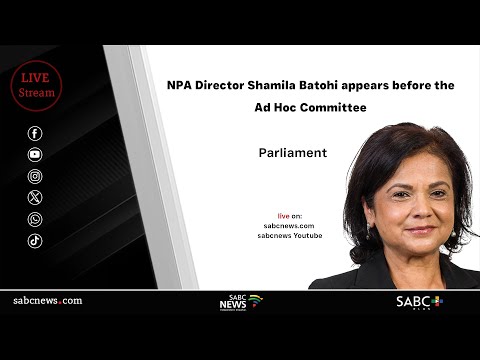Introduction
The legacy of former Zimbabwean President Robert Mugabe continues to loom large over Zimbabwe’s political landscape, even after his death in 2019. His son, Robert Mugabe Jr., is now stepping into the public arena, potentially signaling a continuation of his father’s controversial political lineage and influence. Understanding his ambitions and actions is vital in dissecting the current and future dynamics of Zimbabwean politics.
The Rise of Robert Mugabe Jr.
Robert Mugabe Jr., 30, has been vocal on social media and in interviews, expressing his views on governance, youth empowerment, and socioeconomic issues in Zimbabwe. Despite criticism and skepticism from both the political elite and the younger generation, he has positioned himself as a voice for change, albeit viewed through the lens of his father’s authoritarian rule.
Mugabe Jr. has taken to platforms like Twitter to engage followers, share thoughts on political reform, and advocate for the youth, aiming to carve out a distinct identity separate from the shadows of his father. However, he has attracted mixed reactions; some see early signs of potential leadership, while others remain cautious given the historical context of his family’s legacy.
Current Political Climate
The political environment in Zimbabwe remains turbulent under the leadership of the current ruling party, ZANU-PF, which Mugabe Sr. led for decades. Following his ousting in 2017, the party has faced accusations of corruption, economic mismanagement, and human rights abuses. As a result, the populace has become increasingly disillusioned and vocal about the need for change. In this context, Robert Mugabe Jr.’s emergence is critical; he could either bridge generational divides or potentially reignite inter-party tensions with his father’s legacy as a backdrop.
Public Perception and Future Implications
The perception of Mugabe Jr. among Zimbabweans is complex. While some youth groups see him as a symbol of hope for progressive ideas, others are wary of repeating history, reminiscent of the oppressive tactics employed by his father. Analysts suggest that Mugabe Jr. must demonstrate authenticity, transparency, and a commitment to human rights to gain broader acceptance.
Conclusion
Robert Mugabe Jr.’s foray into Zimbabwean politics is intriguing, offering a glimpse into the possibilities that lie ahead. As he navigates the murky waters of his father’s legacy, the implications for Zimbabwe’s future political landscape are profound. The potential for either reconciliation or resurgence of past power dynamics looms, making his every move significant not only for his family name but also for the future governance of Zimbabwe.


